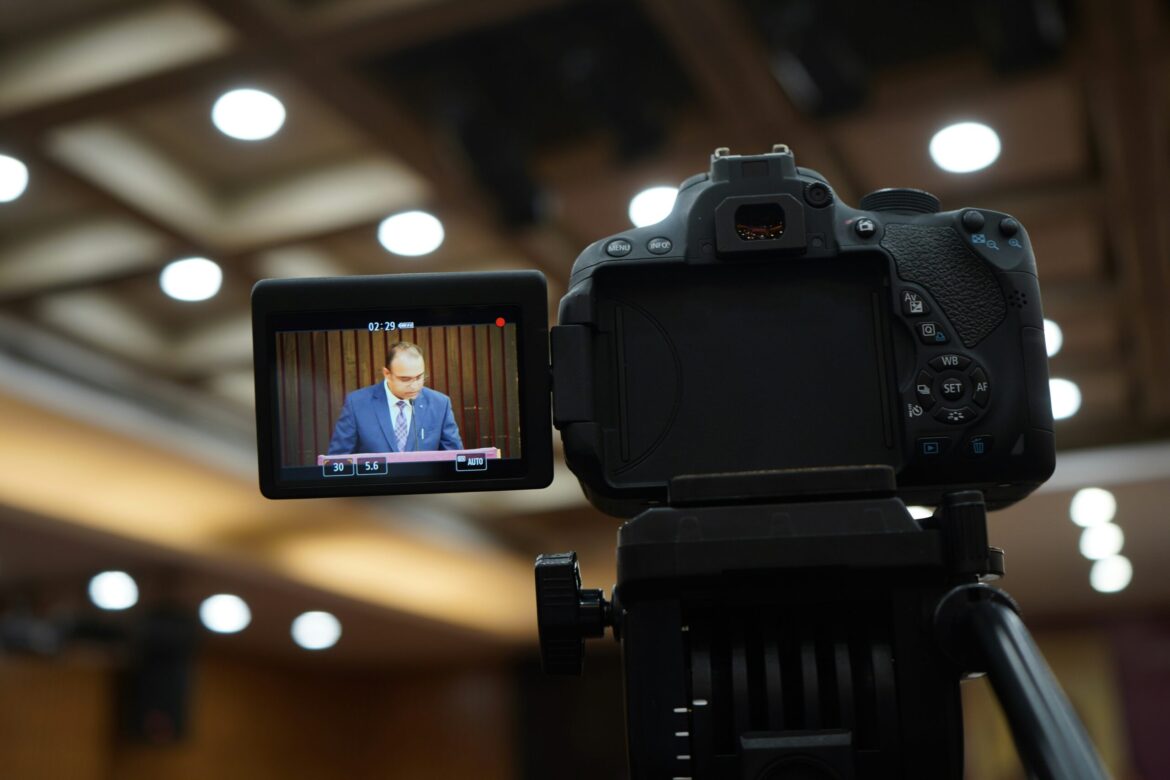By Janelle Forrest, Senior Correspondent
The United States is re-evaluating the future of its Africa-focused military command, AFRICOM, amid changing global priorities and increasing challenges across the African continent. This reconsideration comes as military and diplomatic leaders confront a series of developments that are reshaping American influence in the region.
AFRICOM, or United States Africa Command, was established in 2008 to centralize and enhance U.S. military operations on the continent. Headquartered in Stuttgart, Germany, the command was tasked with addressing rising security threats, coordinating counterterrorism efforts, and building stronger partnerships with African nations.
Now, nearly two decades later, discussions are underway about potentially merging AFRICOM with the U.S. European Command. The proposal is aimed at streamlining U.S. military operations and reducing redundancy across regional commands. But the move is sparking debate among policymakers and defense leaders, as well as among African governments concerned about the implications for regional security.
AFRICOM’s Shifting Role
Initially created in response to growing threats from Islamist militant groups and increasing strategic competition from global powers like China and Russia, AFRICOM played a key role in counterterrorism operations and military training across Africa. The command built extensive relationships with African military forces and launched joint exercises to foster regional stability.
However, its influence has diminished in recent years, particularly in West Africa. A wave of military coups in countries such as Mali, Burkina Faso, and Niger has disrupted U.S. partnerships and led to troop withdrawals. The 2023 expulsion of U.S. forces from Niger and the closure of a $100 million drone base in Agadez marked a significant setback for AFRICOM’s presence in the region.
Despite these developments, limited U.S. intelligence and security cooperation continues in parts of the Sahel. American military planners are also exploring new strategies to maintain a foothold on the continent, including forming smaller, more agile partnerships and leveraging diplomatic channels to reaffirm support for AFRICOM among African nations.
Strategic Considerations for a Command Merger
The proposed merger of AFRICOM with the European Command is being studied as part of a broader effort to align U.S. military posture with emerging global challenges. Proponents argue that combining resources could lead to greater efficiency and a unified approach to overlapping security issues in Europe and Africa.
Yet such a merger presents considerable challenges. The operational environments of Africa and Europe are vastly different, both in terrain and in the nature of threats. While European Command focuses heavily on Russia and NATO coordination, AFRICOM deals with asymmetric warfare, terrorism, and complex humanitarian crises.
Military leaders have acknowledged the difficulty of merging two commands with such distinct missions. There is also concern that Africa’s unique security needs could be deprioritized in a combined command structure. Advocates for maintaining a standalone AFRICOM emphasize the necessity of tailored strategies for the continent and continued investment in long-term partnerships with African governments and civil societies.
Geopolitical Dynamics and Rising Competition
As the U.S. reassesses its military engagement, rival powers are rapidly expanding their influence in Africa. Russia has forged new military alliances with several African nations, particularly those that have broken ties with Western governments. China, meanwhile, continues to deepen its economic and infrastructure investments across the continent.
These developments raise critical questions about the U.S. role in Africa’s future. African nations are increasingly asserting their independence in choosing strategic partners. Maintaining U.S. credibility and relevance may depend on how effectively AFRICOM—or its successor—can adapt to these changing dynamics.
The reassessment of AFRICOM is also seen as a test of U.S. commitment to Africa amid global re-prioritization. Defense officials have urged African governments to communicate their perspectives directly to American decision-makers, stressing that African support is vital in shaping future command structures.
Looking Ahead
As the debate over AFRICOM’s future continues, one thing is clear: the United States must balance strategic flexibility with consistent engagement in Africa. The continent’s growing population, economic potential, and security concerns make it a crucial arena for international policy in the coming decades.
Whether AFRICOM remains a distinct entity or becomes part of a broader command, the success of U.S. military efforts will hinge on sustained cooperation, diplomatic outreach, and a clear understanding of Africa’s evolving security landscape.

